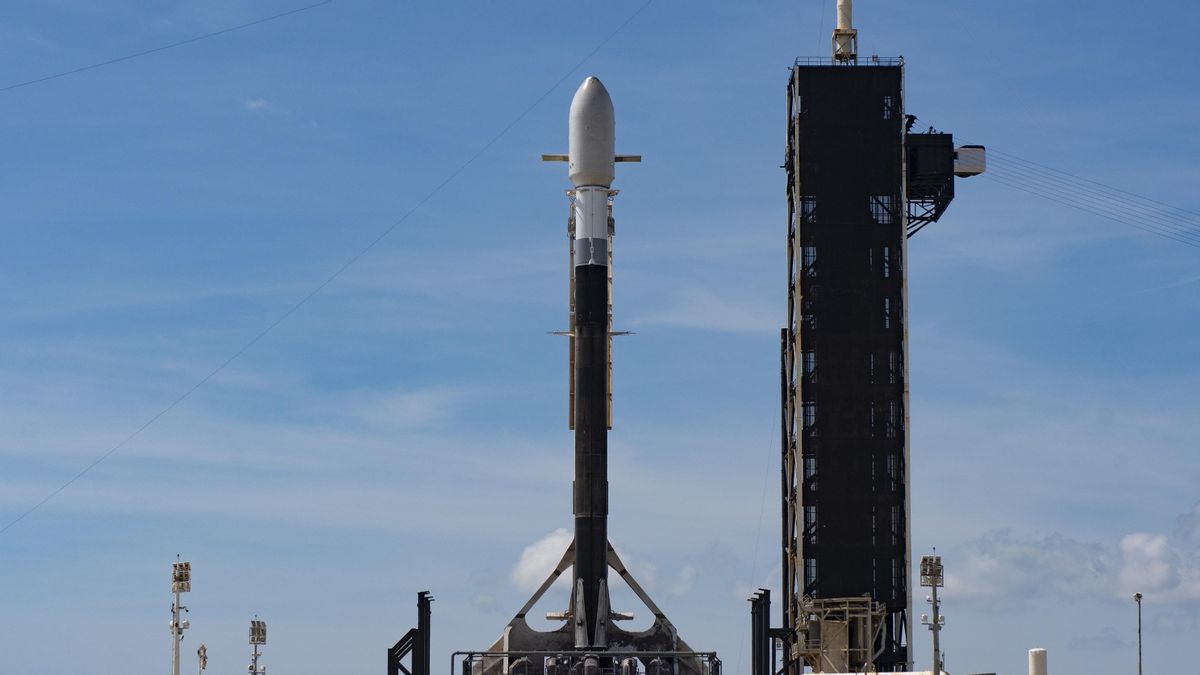JAKARTA – SpaceX, Elon Musk's space company, launched a pair of Galileo navigation satellites on Sunday, April 28. The two satellites launched into intermediate orbit are Galileo GM25 and Galileo FM27.
Galileo is a collaborative project between the European Commission, the European Union Space Program Agency (EUSPA), and the European Space Agency (ESA). These two satellites took off from Launch Complex 39A, Kennedy Space Center using a Falcon 9 rocket.
Hours after launch, EUSPA confirmed that their two Galileo satellites were in orbit. Currently, EUSPA will carry out the Launch and Initial Orbit Phase (LEOP) to ensure the state of the core elements inside the satellite.
"After the Galileo satellite platform is activated and checked in the Initial Operation Phase, the In-Orbit Test (IOT) campaign will assess the performance of the satellite navigation payload," said EUSPA, quoted from its official website.
There is not much information about the Galileo satellites. The reason is, this satellite is part of a secret national security launch. SpaceX also did not broadcast the complete launch process and turned off the webcast after confirmation of payload separation.
This is Galileo's first launch using SpaceX. Previously, this satellite was only launched with Ariane and Soyuz rockets. However, these two rockets are no longer used because the Ariane 5 has been retired and access to the Soyuz has been lost.
SEE ALSO:
Supposedly, Galileo could have been sent into orbit using the Ariane 6, but the rocket's launch date had not yet been launched and the release date was postponed. Therefore, Europe will rely on the Falcon 9 rocket until the Ariane 6 is ready for operation.
The European Commission, EUSPA, and ESA are likely to immediately use Ariane 6 after the rocket is launched. European Union (EU) Commissioner for Internal Market Thierry Breton said that these three institutions were waiting for the launch of Ariane 6.
"2 new Galileo satellites were successfully launched last night,” said Breton via his personal social media account. “Waiting for Ariane 6, launch in 2024 is critical for Galileo's resilience, resilience and sustainability in its civil & military applications."
Ket. Photo:
The English, Chinese, Japanese, Arabic, and French versions are automatically generated by the AI. So there may still be inaccuracies in translating, please always see Indonesian as our main language. (system supported by DigitalSiber.id)


















